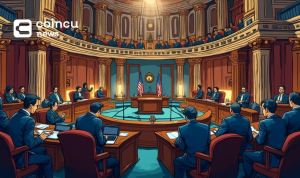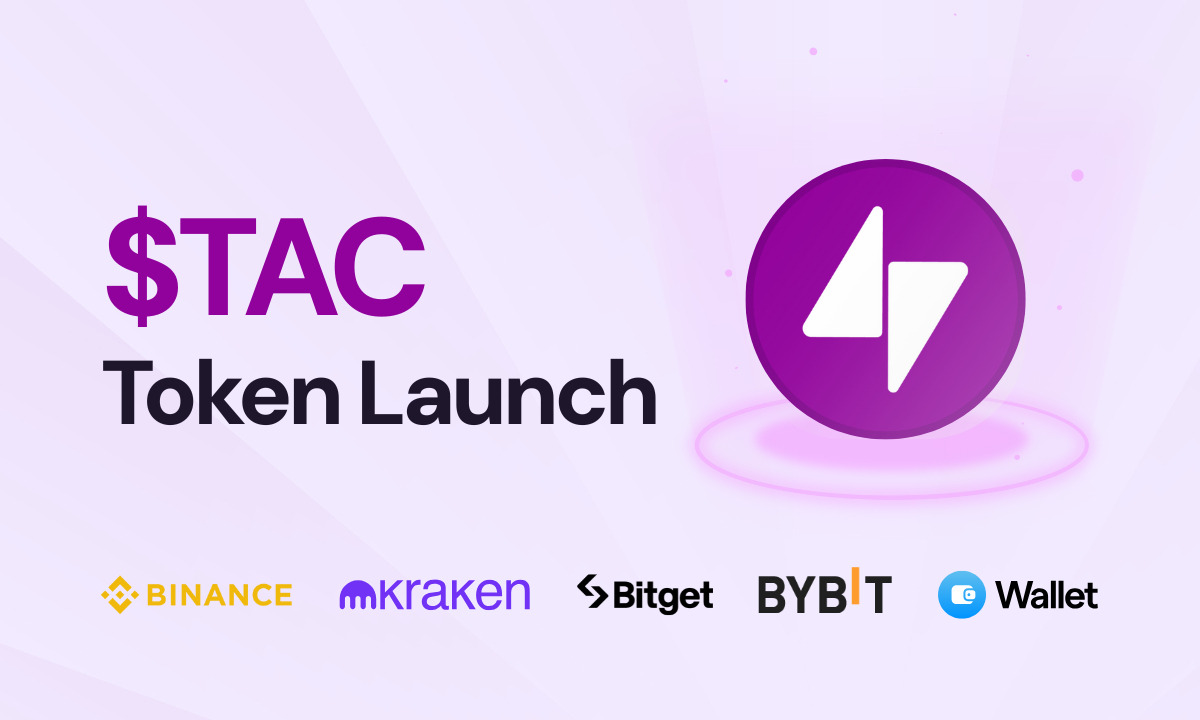The concept of Decentralized Autonomous Initial Coin Offerings (DAICO) was introduced in 2018 by Vitalik Buterin, the creator of Ethereum (ETH). DAICO combines the principles of Decentralized Autonomous Organizations (DAOs) and initial coin offerings (ICOs) to enhance investor trust and provide greater control over the allocation of raised funds.
ICOs are commonly used in the cryptocurrency industry to raise funds for the development and marketing of new cryptoassets. During an ICO, developers sell a portion of the total supply of their cryptoasset to the public. There is typically a funding target, known as the soft cap, that needs to be achieved for the campaign to be considered successful. If the soft cap is not reached, all collected funds are returned to the contributors.
However, if the soft cap is reached, developers gain access to the funds, including any amount raised beyond the target, once the ICO period ends. This centralized control over the funds can sometimes lead to negative outcomes, such as delayed product development or fraudulent activities.
DAICO proposes a solution to these issues by locking all the proceeds of an ICO into a decentralized autonomous organization (DAO) smart contract, with governance over the DAO given to the investors. This means that the funds are not released all at once after the fundraising campaign, but are instead unlocked at a specific per-second rate known as the tap variable, which is voted upon by the investors. Additionally, if the development team fails to deliver on the project, the contributors have the power to vote for a refund of the remaining resources.
By implementing a DAICO, the risks associated with ICOs can be mitigated and investor protection can be enhanced. Here are some key aspects of DAICO:
What is Investor Governance?
One of the main benefits of a DAICO is that it gives investors a say in the allocation of funds. Investors can participate in the decision-making process by voting on the tap variable, which determines the rate at which funds are released from the DAO smart contract. This level of governance enhances transparency and reduces the risk of misuse of funds by the development team.
What is the policy for refunds in case of failure?
If the development team fails to meet the milestones or deliver on the promised project, investors have the power to vote for a refund of the remaining funds. This protects contributors from potential scams or projects that do not fulfill their obligations. The refund mechanism provides a safety net for investors, ensuring that their funds are not completely lost in case of project failure.
What is Enhanced Trust and Accountability?
DAICO aims to enhance trust and accountability in the ICO space. By implementing a decentralized governance model, investors can have more confidence that their funds will be allocated in a responsible and transparent manner. The voting system allows for collective decision-making, reducing the power imbalance between developers and investors.
What is Development Milestone Control?
Another significant feature of DAICO is the ability to release funds based on the achievement of development milestones. This means that funds are not released in their entirety at once, but are instead released incrementally as the project progresses. This ensures that developers have a financial incentive to meet their milestones and deliver on their promises.
While DAICO is a relatively new concept, it has the potential to revolutionize the way ICOs are conducted. By incorporating elements of DAOs and enhancing investor control and protection, DAICO aims to create a more democratic and secure fundraising mechanism for blockchain projects.
It is important for investors and participants in the cryptocurrency space to educate themselves on the intricacies of DAICO and understand the potential benefits and risks associated with this model. With proper due diligence and awareness, DAICO can provide a more secure and transparent environment for fundraising in the blockchain industry.















